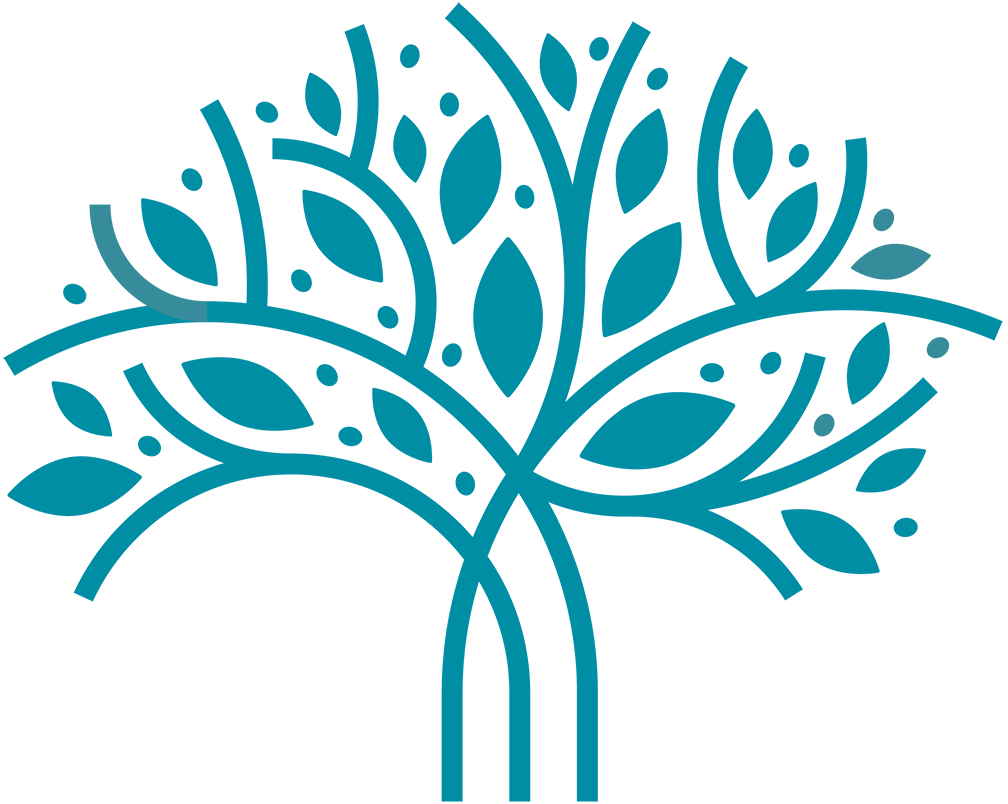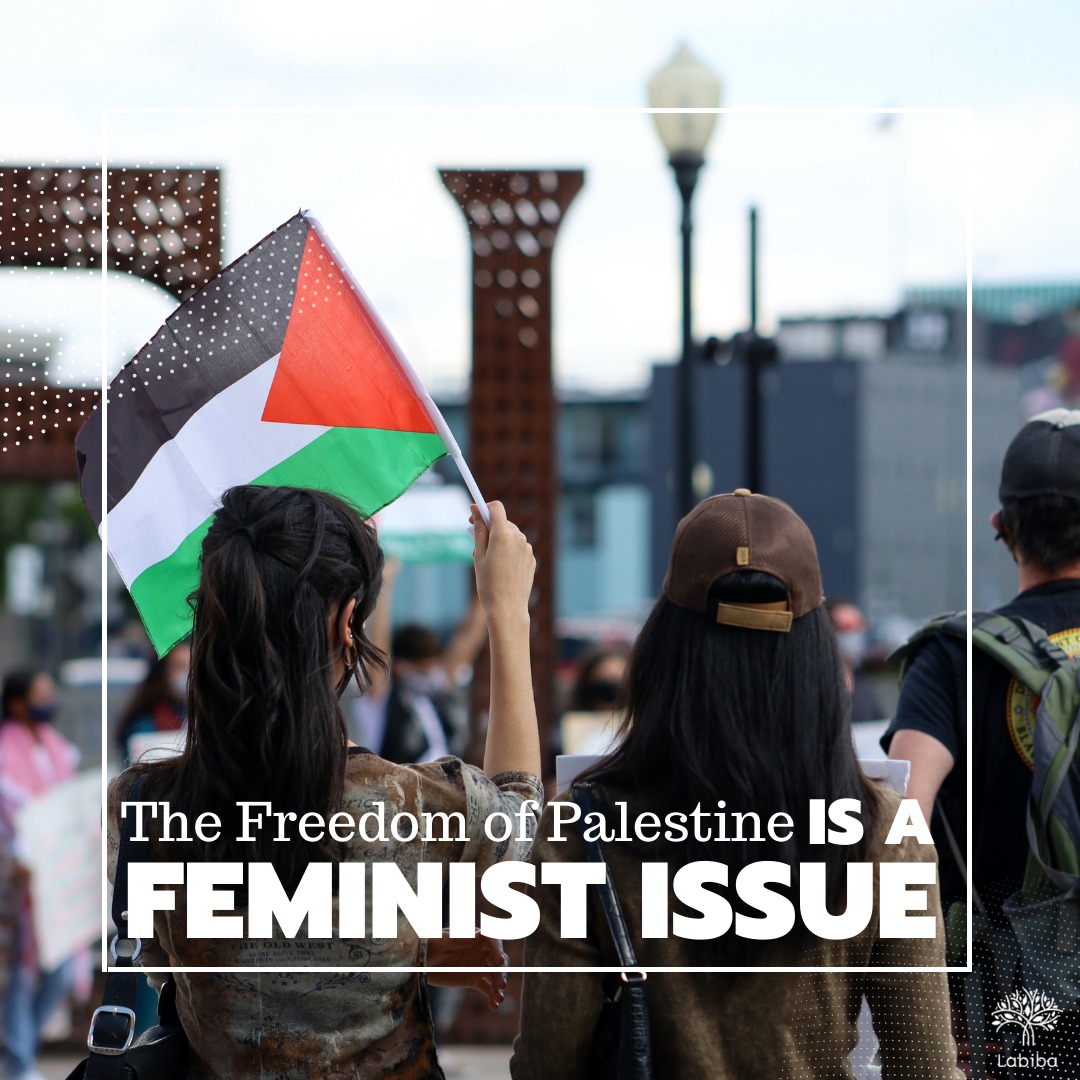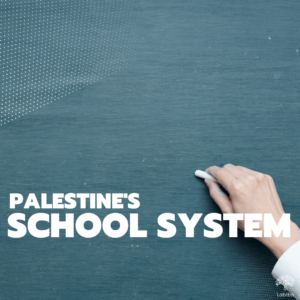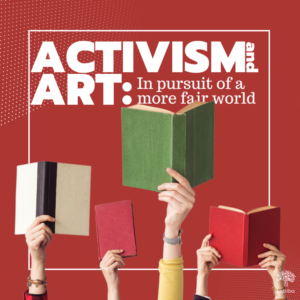There is no free homeland without free Palestinian women.
— Nada Elia (2017)
Purplewashing
It’s common in western societies to think of Arab and Muslim communities through a “white” lens, often painting these people – and especially the men – as barbaric and living in a regressive way. In this context, feminist ideas are being weaponized to justify the annexation of land and apartheid of Palestine, under the disguise of a true concern for the rights of women and the depiction of Palestinians as uncivilized. This is commonly known as “purplewashing”. It is defined as: “Political and marketing strategies that [indicate] a supposed commitment to gender equality. It often refers to the image-cleaning of western countries, which have not achieved genuine equality between men and women but criticise inequalities in other countries or cultures, often where there is a Muslim majority.”
The prejudices of Western feminism
The Palestinian woman is almost always framed as a Muslim woman, “culturally or genetically predisposed to misogyny”. Western feminists are quick to blame the oppression of Arab women as a result of Islamic fundamentalism. Thus seeming naive about the violence of the Israeli forces and occupation, that aggravate women’s lives, rights, and freedoms every day.
Even though white feminism recognises the struggle of women’s rights issues and strongly condemns it in other conflict areas around the world, such as the case of sexual violence in a war zone like the current Russian invasion of Ukraine, there seems to be a lack of understanding of what is truly happening in Palestine. Because these territories fall in the predisposed categories of a “civilized”, “progressive” and “western” Israel, and an “oppressive”, “backwards” Palestine. The israeli authorities are taking advantage of these predispositions, by claiming that the Israeli state is progressive for including women in the IDF army. This is seen as “empowering” to many in Western societies. But it completely disregards the way the occupation has brought harm and violence to women’s lives in Palestine.
The truth of Palestinian women
Reports have shown Palestinian women giving birth at checkpoints, difficulty accesing health centres, workplaces and schools, and the psychological and sexual violence at Israeli Military Checkpoints; a number of Palestinian women reported being forced to strip naked at checkpoints under the pretext of security checks. In the article “The birds shall return: Imagining Palestinian feminist futurities” published in Briarpatch Magazine, Alami and Nabil speak about the imprisonment of a then 25-year-old Palestinian woman in 2002. They describe IDF soldiers threatening to rape her during her interrogation, “at the end of which she says she was forced to sign a confession written by her interrogators”.
It is undeniable that the Palestinian society – as all countries and cultures do – has some work to do in terms of gender equality. But zionists are wrongly appealing to feminism or women’s rights to distract from its violence against Palestine. The emancipation of Palestinian women cannot be separated from the political situation and current regime. A regime which is has clear support of the USA; in his recent visit to Israel Biden described the US’s connection with the country as “bone-deep”.
It’s not possible to speak of Palestinian women’s rights and liberation. Because they keep facing never-ending abuse and discrimination by the Israeli regime. Because their right of land does not exist.
Beatriz Carvalho
Sources:
Elia, N. (2017). Justice is indivisible: Palestine as a feminist issue. Decolonization: Indigeneity, Education & Society, 6(1), pp. 45-63
https://decolonizepalestine.com/rainbow-washing/purplewashing/
https://www.middleeasteye.net/opinion/how-palestine-critical-feminist-issue
https://capiremov.org/en/analysis/feminist-struggle-for-freedom-and-sovereignty-in-palestine/
Kuttab, E. (2009). The Palestinian Women’s Movement: From Resistance and Liberation to Accommodation and Globalization. Graduate Institute Publications.
https://briarpatchmagazine.com/articles/view/imagining-palestinian-feminist-futurities




